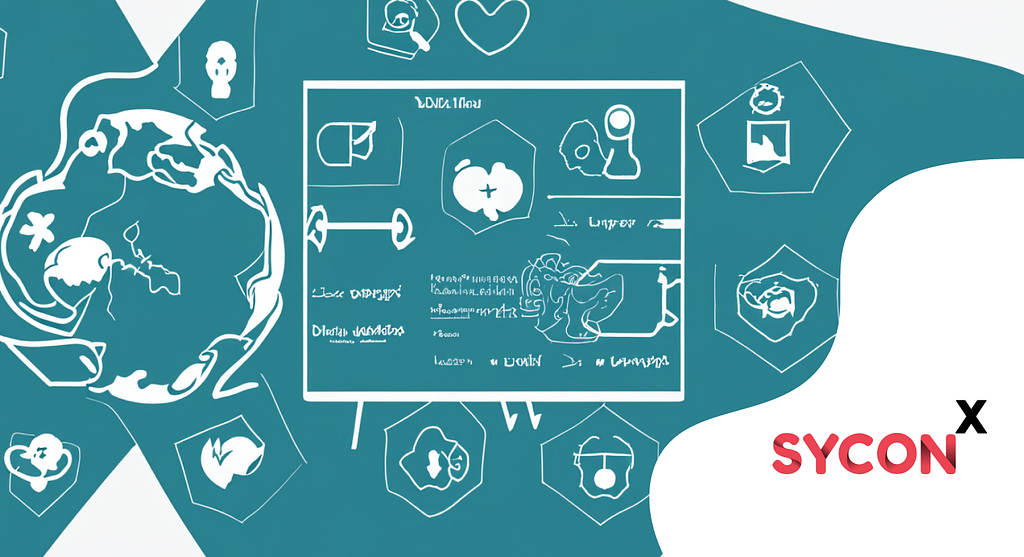The Role of Software in the Healthcare Sector: Opportunities and Challenges
July 8, 2023

The healthcare sector is experiencing a digital transformation. Software is playing a crucial role in this transformation, providing opportunities for improved patient care, operational efficiency, and medical research. However, the integration of software into healthcare also presents significant challenges. This article will explore the role of software in the healthcare sector, highlighting both the opportunities it presents and the challenges it poses.
Software in Patient Care
Software is revolutionizing patient care. Electronic health records (EHRs) allow for the digitization of patient information, making it easily accessible to healthcare providers. This can lead to more accurate diagnoses, personalized treatment plans, and improved patient outcomes. Telemedicine software enables remote patient monitoring and virtual consultations, increasing the accessibility of healthcare services.
However, the use of software in patient care also presents challenges. Data privacy and security are major concerns, as healthcare data is sensitive and subject to strict regulatory standards. Additionally, the successful implementation of EHRs and telemedicine software requires significant investment in technology infrastructure and training for healthcare providers.
Software in Operational Efficiency
Software is also enhancing operational efficiency in the healthcare sector. Hospital management systems can streamline administrative tasks, reduce paperwork, and improve the efficiency of healthcare delivery. Artificial intelligence (AI) and machine learning algorithms can automate routine tasks, freeing up healthcare professionals to focus on patient care.
Despite these benefits, integrating software into healthcare operations is not without challenges. The cost of implementing and maintaining these systems can be high, and there can be resistance from staff who are accustomed to traditional methods of working. Furthermore, the use of AI and machine learning raises ethical and legal questions, particularly in relation to decision-making in healthcare.
Software in Medical Research
In the field of medical research, software is proving to be a powerful tool. Bioinformatics software allows researchers to analyze complex biological data, accelerating the pace of medical discoveries. Clinical trial management software can streamline the process of conducting clinical trials, improving data management and regulatory compliance.
However, the use of software in medical research also presents challenges. The complexity of biological data requires sophisticated software tools and skilled personnel to interpret the data. Additionally, the use of software in clinical trials must comply with stringent regulatory standards to ensure the validity and integrity of the research.
The role of software in the healthcare sector is significant and growing. It offers immense opportunities for improving patient care, enhancing operational efficiency, and advancing medical research. However, the integration of software into healthcare also presents considerable challenges, including data privacy and security concerns, high implementation costs, resistance to change, and regulatory compliance issues. Addressing these challenges requires a thoughtful and strategic approach, with a focus on ensuring the benefits of software are realized while minimizing potential risks. As the digital transformation of healthcare continues, the role of software will undoubtedly become even more critical.
The Role of Software in the Healthcare Sector: Opportunities and Challenges was originally published in SyconX on Medium, where people are continuing the conversation by highlighting and responding to this story.


